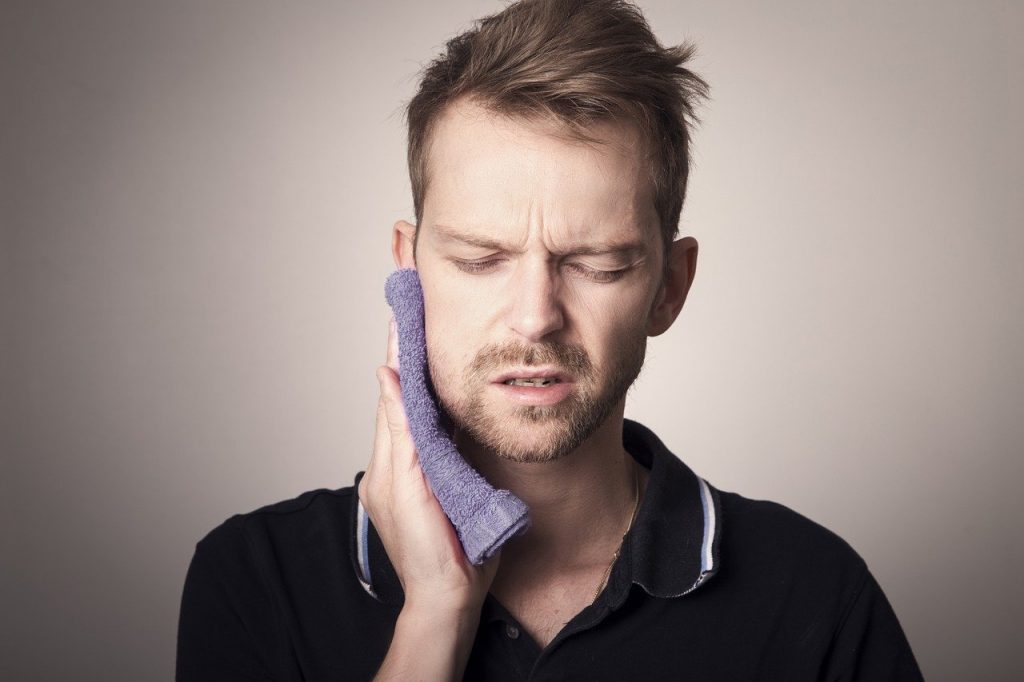A Healthwatch England report in May revealed NHS waiting lists soared during the pandemic with people having to wait up to six weeks to secure an emergency appointment.
And NHS figures showed around 19m fewer NHS dental treatments were conducted between March and October 2020 compared to the previous year.
So as queues lengthen and treatment becomes more necessary and potentially more severe, patients may be looking at different ways to fund their care, meaning advisers and plan providers must respond.
Dental visits down
Jennie Doyle, head of marketing at Health Shield told Health & Protection that while the firm’s dental claims data mirrored the wider market trend of falling dental visits and treatments, the situation was improving all the time.
“Although numbers of claims are down, the average value of dental claims is up 16.6% to more than £61 per claim,” she said.
“One of the reasons for this is that claims for urgent dental procedures have doubled, probably as a result of people not being able to go to their regular check-ups over the past two years.”
Doyle added that Health Shield has frozen 2022 premium prices and maintained cashback levels across standard products including dental, and covered extra costs that have arisen as a result of the pandemic such as practitioner personal protective equipment (PPE) charges.
This final point is one that has caught many patients unaware when receiving treatment, and while a necessary expense it is rarely a pleasant surprise to receive an unexpected bill, so providers have needed to respond.
Target the Love Island generation
Dental cover has a reputation of not being the most popular benefits for those seeking private health insurance, but it is important for advisers to ask the question.
“It’s always one of the questions that we ask people when they approach us for health insurance – do you want dental?” Penny O’Nions, principal at The Onion Group, told Health & Protection.
“We ask if they want options to have dental cover or are they happy to go their own sweet way?
“The majority of people do not express any interest in dental insurance, they tend to either buy it through their own dentist or pay for their dentist as they go.”
But Penny Jackson, owner of The Insurance Boutique, argued advisers could sell more dental benefits if it was more of a focus for them.
“If advisers were a little bit more focused on dental they could probably sell a bit more of it, but it just normally tends to be a bolt-on to the private medical insurance (PMI) or within their cash plan if I’m being totally honest.”
However Jackson is upbeat and believes there will be no shortage of interest from the so-called Love Island generation.
“I would say younger employees tend to be keener on dental benefits because there is this Love Island effect where everyone’s got these perfect white teeth,” she continued.
“That’s what all the youngsters want. You see it with the start-up companies and fintech businesses where they say we do want the dental because it’s something that our staff requested.”
Postcode lottery
But in terms of the immediate future, the backlog created by the pandemic will take a long time to clear, noted Claire Ginnelly, executive director at Premier Choice Healthcare.
“NHS dentists may be providing routine treatment to their existing patients but I believe some treatments are still not being offered by some which may be available privately,” she said.
“Sadly, it is another example of how the pandemic has created a two-tier system much greater than before. The good news is, there are solutions available.”
Over the summer the government admitted there were “geographic shortages” of dental care across the country and O’Nions says as there are fewer NHS dentists, many people do not live in an area where you can find an NHS dentist even if you want one.
“It’s very much a postcode lottery that there are not always NHS dentists,” she continued.
However, Jackson believes availability is starting to improve, siting her own situation.
“Six months ago I was trying to register my son with a dentist but it was an absolute no go,” she said.
“Now I’ve noticed a lot of NHS practices are taking on new patients so that pressure is slightly relieving a little bit and they’re able to fulfil a lot of those new customers.”
Remote services taking off
Providers have sought to adapt to the evolving environment and there are now remote offerings available to help reduce contact where possible.
“When we went into lockdown last year, we launched a support line for all our dental insurance customers so they could speak to a dentist and have a phone or video consultation,” Richard Norris, director of speciality business at Bupa UK Insurance, told Health & Protection.
“We have seen demand for remote access services expand exponentially during Covid-19, and we are continuing to look at ways we can provide enhanced care and support for our customers including covering the exceptional cost of PPE within benefit limits.
“We have also introduced a higher level of cover option with more comprehensive benefit limits to reflect increased dental costs associated with additional PPE and fallow periods.
“In addition, customers who are having difficulties getting an appointment can also call our support line and we’ll find them a dentist,” he added.
Denplan has also amended its policies to enable customers to claim for the additional PPE costs charged by dentists and the firm has also provided support for its member dentists.
It said this ranged from suggesting practice answerphone messages and personalised patient-facing materials, to financial support such as reduced administration charges.
There was also a £2m investment in PPE for practices to help members get safely back to work in June 2020 when PPE was difficult to obtain.
